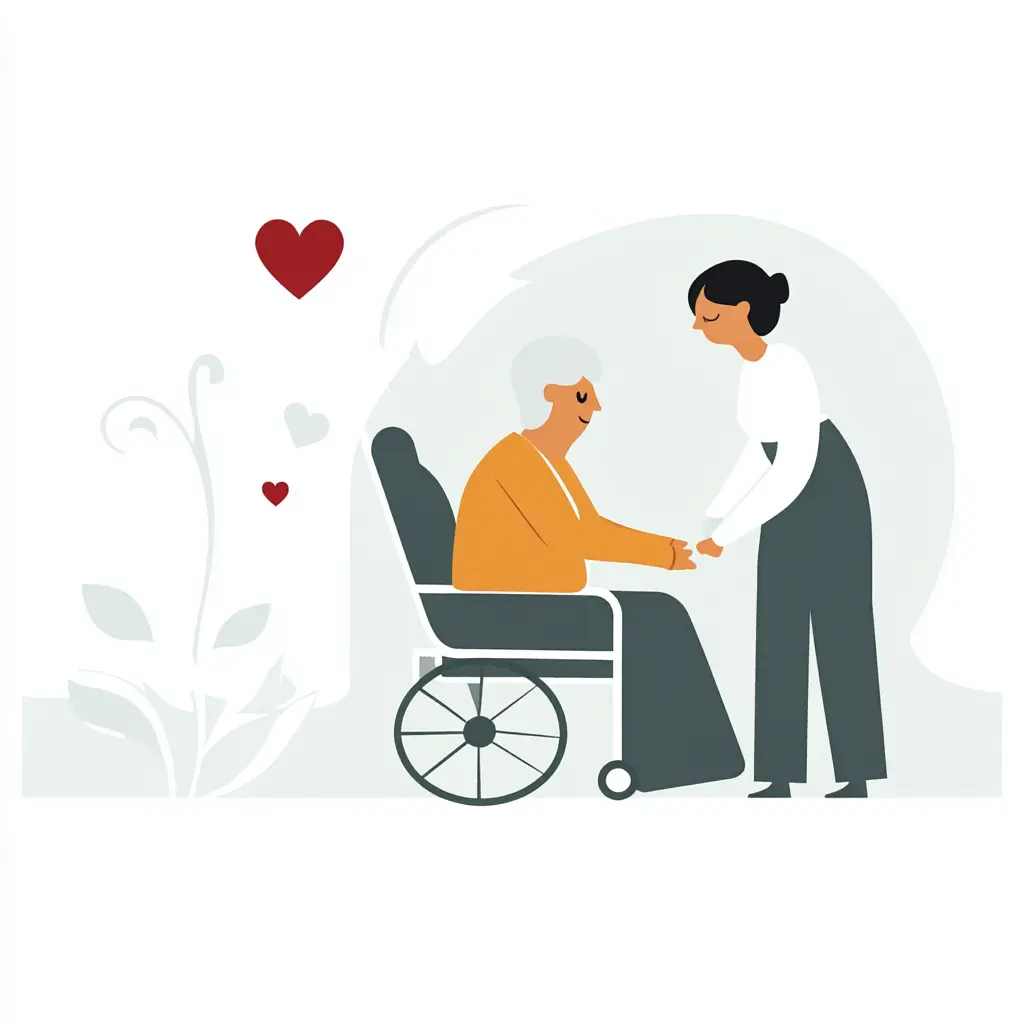
Causes Of Swollen Legs In The Elderly
- Published on
- Authors

- Author
- HP Homecare
Understanding Leg Swelling in the Elderly: A Closer Look at the Causes
Introduction to Elderly Swelling Issues
Swollen legs, a common issue among older adults, can be distressing and impact the quality of life. This condition, medically known as edema, involves the accumulation of fluid in the tissues, leading predominantly to swelling in the lower limbs. Understanding the root causes and the factors contributing to this symptom is vital for effective management and treatment.
Why Do Seniors Experience Swollen Legs?
Numerous factors can contribute to leg swelling in seniors:
- Cardiac Issues: Poor heart function can lead to fluid accumulation as the heart struggles to pump blood efficiently.
- Venous Insufficiency: As veins lose elasticity, their ability to return blood to the heart diminishes, pooling blood and fluid in the legs.
- Kidney or Liver Disease: Both organs play a crucial role in managing fluid balance. Their impaired function results in fluid retention and subsequent swelling.
- Medications: Certain medications like calcium channel blockers, steroids, and NSAIDs can induce or exacerbate leg swelling.
- Sedentary Lifestyle: Lack of movement can exacerbate fluid accumulation, especially in the lower limbs.
- Chronic Conditions: Diseases such as diabetes and arthritis can also lead to swelling, often due to inflammatory processes.
The Roles of Diet and Lifestyle in Managing Swollen Legs
Making lifestyle and dietary changes can significantly mitigate swelling. Here are some effective measures:
- Increased Physical Activity: Regular light exercises such as walking or swimming can improve circulation and reduce swelling.
- Elevating the Legs: When resting, elevating the legs above the heart level helps in reducing the gravitational pull causing fluid accumulation.
- Compression Stockings: Wearing compression garments supports the veins and enhances blood flow, reducing swelling.
- Diet Adjustments: Reducing salt intake can decrease water retention, thus alleviating swelling.
The Importance of Professional Care in Severe Cases
Whilst home remedies and lifestyle adjustments can be beneficial, professional medical care is crucial for severe or persistent cases. A healthcare provider can offer treatments and adjust any existing medications that may be contributing to the swelling. In some situations, therapeutic procedures or surgery may become necessary to mitigate the underlying health issues causing the edema.
Conclusion
Leg swelling in the elderly can stem from a myriad of causes, and identifying these is crucial for effective management. Carers play a pivotal role in monitoring and managing this condition, supporting their charges through daily care routines and medical appointments. By understanding the numerous factors that contribute to leg swelling, carers can provide more personalised and effective care to improve the daily lives of elderly individuals.